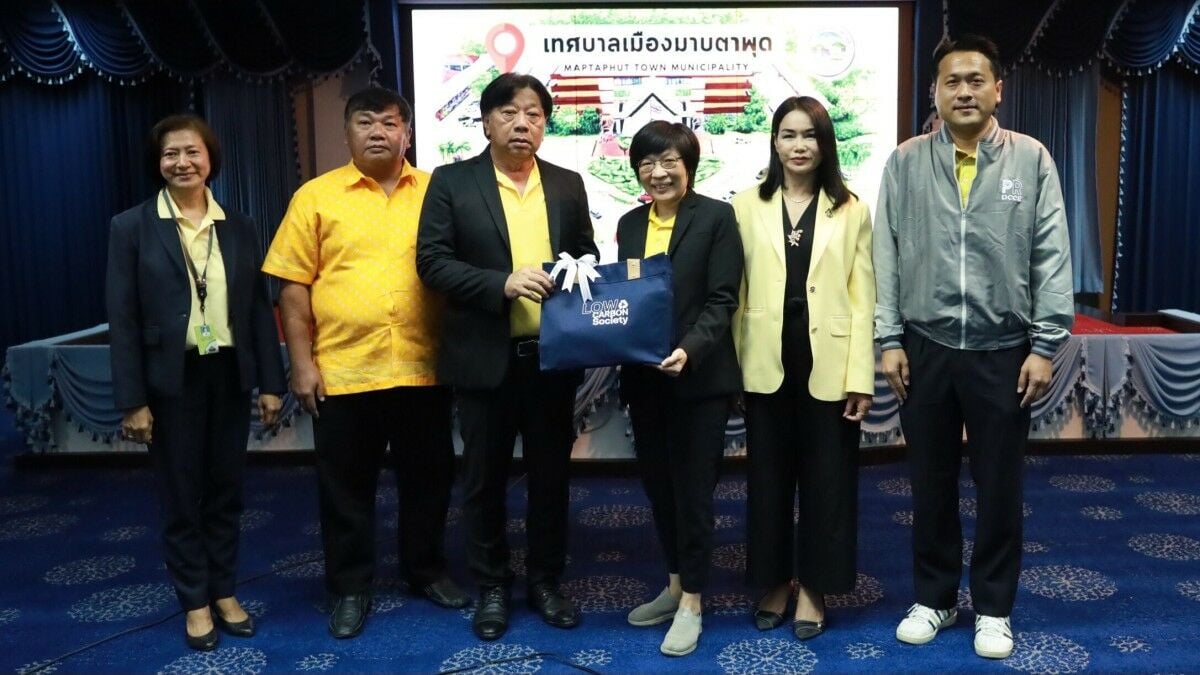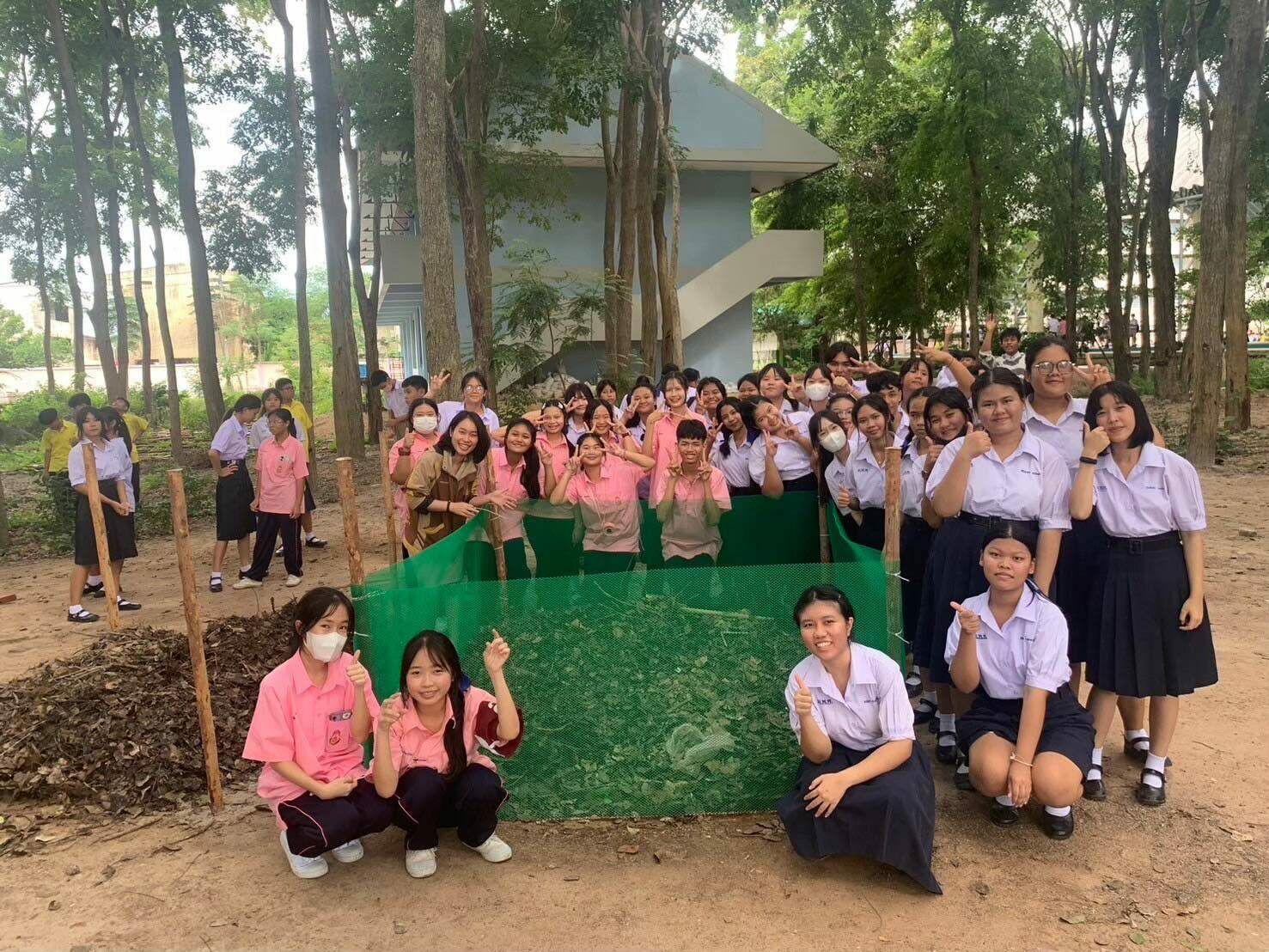Rayong sets example in eco-industrial urban development

Thailand’s Department of Climate Change and Environmental Affairs (DCCE) highlighted Rayong as a model for eco-industrial urban development, improving the environment and quality of life as the world faces climate challenges.
DCCE Director-General Pirun Saiyasitpanich noted the environmental issues in Thailand stem from human actions, including excessive resource use, pollution, and greenhouse gas emissions, leading to a global crisis. Addressing these challenges requires the cooperation of all sectors. The department, particularly local administrative organisations (LAOs) and the Environmental Volunteer Network (EVN) has been actively working on solutions to achieve national goals effectively.
Rayong, especially Maptaphut Municipality, has shown strong collaborative efforts, developing an eco-industrial city that harmoniously coexists with the community. This initiative earned them the Silver Level Eco-Industrial Town Award last year.
Additionally, the EVN in Wang Wa subdistrict has excelled in waste management, generating income for the community and receiving the Outstanding Regional Environmental Volunteer Network Award in 2019. Their expertise has been shared both domestically and internationally.
Maptaphut Municipality has also established seven public health service centres in collaboration with the industrial sector, ensuring efficient public health management, said Pirun.
“Importantly, the Life Insurance Waste Bank initiative correctly manages and segregates recyclable waste. In 2023, 20,996 kilogrammes of recyclable waste were collected, reducing greenhouse gas emissions by 52,710 kilogrammes of carbon dioxide equivalent.”
Pirun also mentioned the implementation of over 80 water quality monitoring points and air quality surveillance systems, providing timely alerts. The Emergency Incident Command Centre (EIC) uses advanced technology for accurate and swift emergency responses and communication. The Maptaphut Municipal Emergency Operations Centre (EOC) is ready to handle local disasters efficiently.
Economic development
In addition to environmental management, the community has enhanced quality of life and economic development following the principles of understand, access, develop. This involves targeted problem-solving and correct developmental practices, integrating efforts from all sectors to drive innovation and elevate agriculture. The local Sandy Soil Mango has become an identity, symbolising not just a fruit but a way of life, boosting agricultural products’ value and community income sustainably.
The Wang Wa Subdistrict EVN is a model for community waste management, transforming waste into jobs and income. They manage waste comprehensively, from segregation to recycling plastic bottles into artificial rattan for handicrafts, generating community income.
Some waste is also melted and mixed with sand cement to make bricks, while organic waste like food scraps is used for animal feed, making bio-fermented water for free community use, and producing organic fertiliser for local use and sale, reported KhaoSod.

Latest Thailand News
Follow The Thaiger on Google News:


























